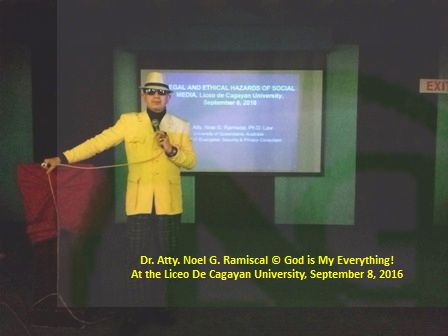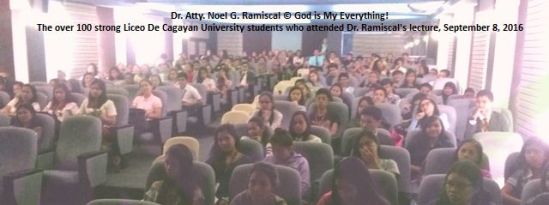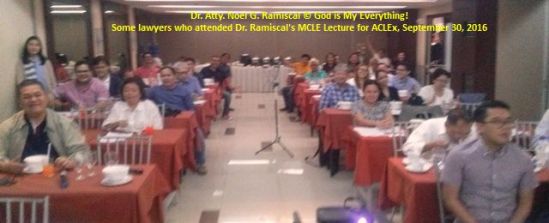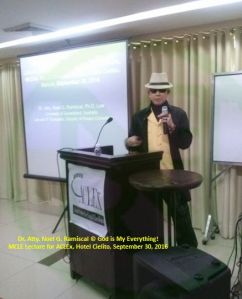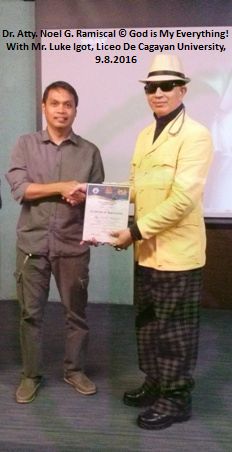For many years, I have been involved in advocacies pertaining to the responsible use of social media, particularly in the case of survivors of sexual crimes and domestic violence. In the world Before Social Media (BSM), sexual crime victims can hide within their homes, or can relatively avoid the glare of publicity and world scrutiny. Rape shield laws in different countries have, to a certain extent, prevented their identities and the traumatic experiences they went through, from being the fodder of newspaper sales and gossip.
In the Philippines, rape victims’ privacy rights are recognized at the stage of the investigation of the criminal complaint. “Towards this end, the police officer, prosecutor, or the court to whom the complaint has been referred may, whenever necessary to ensure fair and impartial proceedings, and after considering all circumstances for the best interest of the parties, order a closed-door investigation, prosecution or trial and that the name and personal circumstances of the offended party and/or the accused, or any other information tending to establish their identities, and such circumstances or information on the complaint shall not be disclosed to the public” (Section 5, Republic Act No. 8505, February 13, 1998).
Republic Act No. 7610, made effective last June 17, 1992, gave an abused child the right to have his/her name “withheld from the public until the court acquires jurisdiction over the case. It shall be unlawful for any editor, publisher, and reporter or columnist in case of printed materials, announcer or producer in case of television and radio broadcasting, producer and director of the film in case of the movie industry, to cause undue and sensationalized publicity of any case of violation of this Act which results in the moral degradation and suffering of the offended party” (Section 29).
In the world After Social Media (ASM), the relative anonymity and seemingly unfettered tell all mentality that this medium offers had circumvented the safeguards that the laws have established to protect crime victims. Before a crime is even reported to the police, chances are evidence of it had already been tweeted, pinned, instagrammed or reported in any of the hundreds of social media sites that now exist.
The perpetrators of several heinous crimes are not shy from disseminating the evidence of their intentions, thoughts and evidence of their crimes through social media and personal sites. Liam Youens, the cyberstalker and murderer of Amy Boyer revealed in his website of his deepest regret of not killing her when they were in high school, and of his many plans of killing her after that period. Murderer Kevin Ray Underwood maintained blogs that detailed his obsessions prior to his killing, then raping, and attempting to eat his victim, Jamie Rose Bolin. In the gang rape of a 16 year old girl in Steubenville, Ohio, the rapists, and those who helped them cover up the rape, dubbed the “rape crew”, took pictures and video of the victim, traded and posted them in social media sites like YouTube, Tweeter and Instagram. The dissemination of the photos of the alleged rape of then 15 year old girl, Rehtaeh Parsons in Nova Scotia, Canada, by her victimizers, that led to Facebook requests from strangers requesting to have sex with her and constant sextexts and cyberbullying led her to try to commit suicide, which eventually led to her coma and death. The gross enormity of social media’s capacity to amplify the abuses and the pain suffered by the victims and the people who love and care for them, cannot be gainsaid.
Currently, one of the social media sites that is the “flavor” of the moment for students is Yikyak, which is accessible in the Philippines. In the past year and this year, it has enjoyed its share of infamy because its capacity of offering anonymity to any poster have led to postings that are criminal in nature. Nowhere is this more evident than in the case of Grace Rebecca Mann, who was the student and campus leader of Feminists United at the University of Mary Washington, who was killed sometime in April, 2015. She and other members of her student organization had been the subject of violent threats on Yik Yak, including a number that threatened to rape or kill members of the group. After her violent death, her organization has filed a suit against the University of Mary Washington’s President Richard Hurley for his alleged failure and negligence to prevent Mann’s death, despite the repeated reports filed by Mann and other members of the group to him that they felt unsafe because of the Yik Yak postings. This case is currently awaiting resolution and can serve as a doctrinal case concerning the liability of higher educational institutions for the harms inflicted on their students connected with social media.
But one thing that I have noted, which I brought to the attention of the Liceo de Cagayan University (LDCU) students last September 8, 2016, and the lawyers who attended my September 30, 2016 MCLE lecture for the ACLEx at Hotel Cielito Makati on the Legal and Ethical Hazards of Social Media, is the way some victims of these crimes have taken control of their social media postings, to ultimately control their own stories.
In 2015, one of my former students at the University of the Philippines Los Baños (UPLB) College emailed me the link to a public FaceBook posting by a female UPLB student detailing the sexual assault allegedly inflicted on her by a foreign scholar from one of the UPLB institutes. When I got the link and read her story, I forwarded the link to the officials of the Commission on Higher Education (CHED). I have no update on what happened to her case but her public posting revealed her moral strength to come out and say that what happened to her is not alright. She deserves all the support and help that she can get.
Victim blaming for sexual crimes is unfortunately still with us, even after decades of research and findings that victims do not share the blame for what happened to them. To counter this seemingly ingrained “rape culture”, one woman tweeted rape victims to come out in the open to share what they were wearing when they were raped to disprove the premise that they were asking for it. This led to a discussion which trended into #RapeHasNoUniform.
One of the most cruel things that sexual crime victims have to endure would be the diminution of the crime perpetrated against them, and the apparent personal reduction of their pain to a meme, which their peers can use to further ridicule and bully them. This is what happened to 16 year old “Jada”, an African American girl who was drugged and raped at a party. Her unconscious, undressed, and apparently raped state at the party was taken and circulated in social media sites. Her classmates and peers made fun of her appearance and posted photos of themselves mimicking her “pose” which trended in Tweeter as #jadapose. Because of the constant bullying, she dropped out of school. But instead of dropping out of life, she made a courageous decision, supported by her mother, to counter the horrible meme, with her own tweeted photo #iamjada, and talked with members of the press about the crime she suffered, and explaining “Everybody has already seen my face and my body, but that’s not what I am and who I am.”
I wholeheartedly applaud and I am grateful to people like Jada and that UPLB student for their undeniable Grace of Being and Dignity, showing an alternative, and probably the best response to this, or any kind of abuse. Survivors are not defined by the defilement they experienced. Instead, they should be cherished for the Humanity and Courage they give and inspire in others.
I am grateful for the Licean Corp Diplomatique of LDCU, its Chancellor, Ms. Sarah Bermiso, their adviser, Mr. Luke Igot, the Chair of the Department of Behavioral and Social Sciences, Mr. Reynaldo Sual, the Dean of College of Arts and Sciences, Dr. Rosella Ortiz, and Ms. Nathalie Igot of CHED Region 10 for giving me the opportunity to connect with the wonderful LDCU students on the relevant matter concerning the hazards of social media. Especial shout outs as well to the first rate Asian Center for Legal Excellence, its President, Mr. Roberto Borromeo, the Centro Eskolar University Associate Dean for the School of Law and Jurisprudence, the brilliant Atty. Ritalinda Jimeno, and the extremely helpful ACLEx staff headed by Mr. Alex Canata for allowing me to share my advocacy on the ethical use of social media to lawyers for their Mandatory Continuing Legal Education seminar series. Mention must be made of the superb food and service at Hotel Cielito in Makati. Finally, thank you to all the lawyers who expressed their support and appreciation for my advocacy and lectures on these, and related matters, including my endeavour to present the foibles of humankind displayed in social media postings, in a humor injected manner, remembering that Laughter is part of our Humanity.

